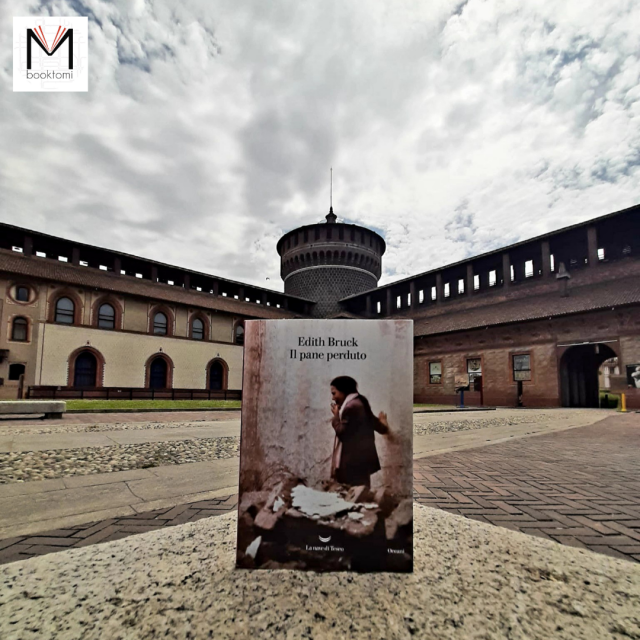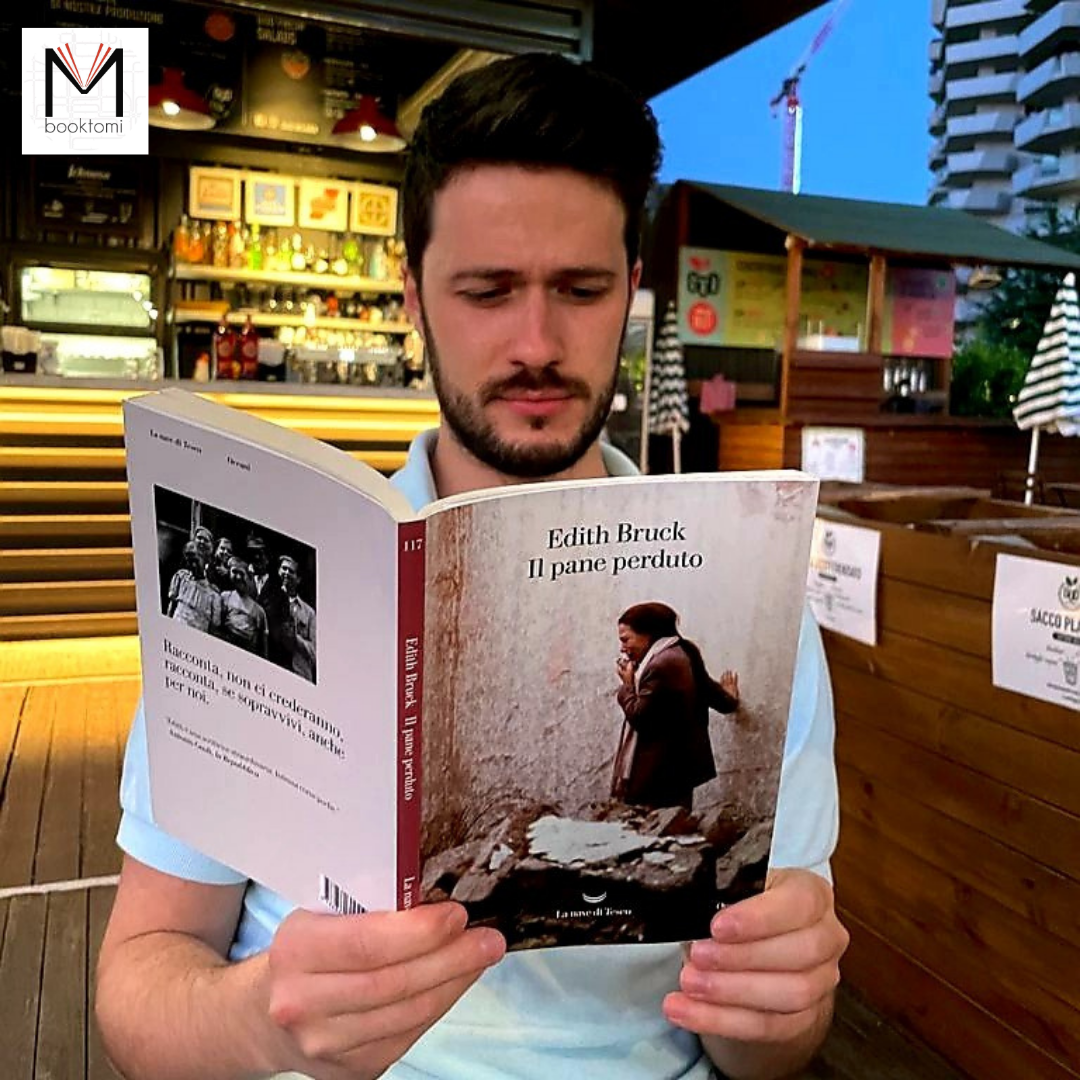“I wanted to go back into my mother’s womb and never be born again.”
The book is a dry and poignant autobiography. The writer tells us about her life, from childhood until today, and entrusts us, without dwelling in pity, the difficult life lived in Hungary between the poverty of her family, the traumatic experience of deportation to the concentration camp, suffering and agony. and finally living as a survivor.
We could easily tell ourselves that yes, this is another very useful and moving story of a survivor, but that’s not all. Despite the gaunt style of our special narrator, who in a continuous descriptive motion continues to tell us about her life without wanting to tell us more than what we already know, from other literature and other testimonies, about life in the camps and without wanting to spare us the raw details .
What struck us most was precisely the combination of essentiality and richness of details, which at first sight seems an antithetical concept, but for us lies the beauty of the author’s writing.
The vocabulary, although essential, actually conveys concepts full of meaning in a lapidary way. The story of life in the concentration camps focuses particularly on the inhumanity in which the prisoners were forced to survive; and then the use of shouts to indicate the screams of men is extremely eloquent, instead of the more grammatically correct shouts. The cries are properly those of animals: here of men transformed into animals, who have lost their identity, starting from the name, transformed into number, forced to live in a herd like beasts.
But that’s not all: Edith Bruck takes a step forward and tells us the next.
How do you live after? But above all why do you survive? The author’s confession starts from these questions, that she lives in a constant hunger for freedom, for life that manifests itself in the desire, or rather in the visceral need, to tell what has been. To tell it to us.
We do not reveal any details, nor the beauty of the title, but we recommend reading it because we call it an honest story, which does not want to arouse any easy tears.
____________________________________________________________________________________________________
Edith Bruck, The lost bread, La nave di Teseo, Milano, 2021




